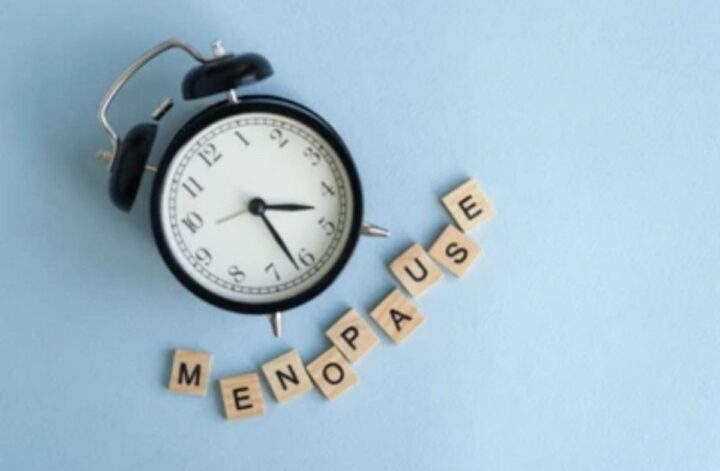Menopause is a natural stage in a woman’s life that marks the end of her menstrual cycles. However, before reaching menopause, women go through a transition period known as perimenopause. This stage typically begins in a woman’s 40s and can last for several years before menopause officially begins.
During perimenopause, women may experience a range of physical and emotional symptoms as their hormone levels fluctuate. One common mental health issue that women may face during this time is depression. In fact, studies have shown that up to 40% of women may be at risk of developing depression during perimenopause.
There are several factors that may contribute to this increased risk of depression during perimenopause. Hormonal changes, such as decreases in estrogen and progesterone levels, can impact neurotransmitters in the brain that regulate mood. Additionally, other symptoms of perimenopause, such as hot flashes, insomnia, and fatigue, can also contribute to feelings of sadness and hopelessness.
It is important for women going through perimenopause to be aware of the potential for depression and to seek help if they are experiencing symptoms. Depression is a serious mental health condition that can have a significant impact on a woman’s overall well-being and quality of life.
There are several treatment options available for women experiencing depression during perimenopause. These may include therapy, medication, lifestyle changes, and hormone therapy. It is essential for women to work with their healthcare providers to determine the best course of treatment for their individual needs.
In addition to seeking professional help, there are also steps that women can take on their own to help manage symptoms of depression during perimenopause. These may include engaging in regular exercise, practicing relaxation techniques, maintaining a healthy diet, getting enough sleep, and seeking support from friends and family.
Overall, it is crucial for women to prioritize their mental health during perimenopause and to seek help if they are struggling with depression. By addressing these symptoms early on, women can improve their overall well-being and quality of life during this transitional stage.




